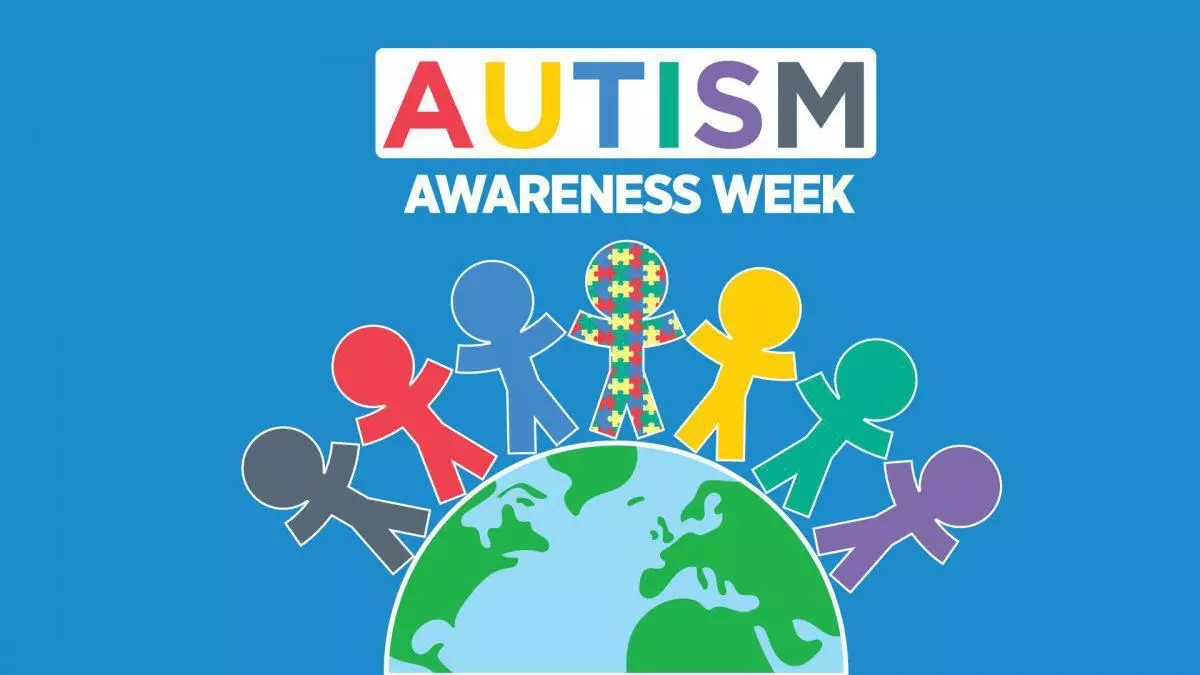
Chinze Behavioural Group, a Non-Government Organisation (NGO) has advocated early intervention as best remedy for autistic children. A representative of the group, Mrs Chinze Ndolo said, on Thursday in Enugu that the intervention would help to avoid escalated cases. She made the call in commemoration of the World Autism Awareness Day, an internationally recognised day […]

Chinze Behavioural Group, a Non-Government Organisation (NGO) has advocated early intervention as best remedy for autistic children.
A representative of the group, Mrs Chinze Ndolo said, on Thursday in Enugu that the intervention would help to avoid escalated cases.
She made the call in commemoration of the World Autism Awareness Day, an internationally recognised day marked on April 2 every year to
encouraging Member States of the UN to take measures to raise awareness about people with autistic spectrum disorders, including autism and Asperger syndrome throughout the world.
Autism is a serious developmental disorder that impairs the ability to communicate and interact which impacts the nervous system. Ndolo, therefore, said that the group, an applied behaviour consultant firm, had worked with families of autistic children between the ages of three and 22 and educational institutions.
She explained that the NGO had evaluated children to find out where their deficit was, designed individualised education programme and trained teachers and parents on how to implement those programmes. She noted that follow ups were also done to make sure that the programmes were being implemented as planned.
She said that the group evaluated children with autism in Enugu in 2019 and found that residents had no idea of what autism was all about.
“So I decided that the first thing should come first. I embarked on autism awareness, so autism is a neurological development disability as well as a spectrum disability.
“When I say developmental, it is present and noticeable before age three and when I say neurological, it means it originates in the brain which means that the brain is functioning differently.
“When I say spectrum disorder, it ranges from very high to very low functioning and how it affects each individual.
“So, if you meet one person with autism, you have just met one person with autism, most of them do not look or behave alike.
“There are certain characteristics that one can find in them, if you find the number of those characteristics in a child’s behavior, then it is right to suspect autism and go about confirming it.
“Autism usually affects communication, social skills and response to the environment.”
She explained that many parents first noticed that either their child was not talking, not talking well or their child started talking but lost the speech.
“So, some of them have difficulty in understanding, speaking language, some of them talk but their language is incomprehensive, their pronunciation is poor.
“Then some equally have the social skills not being able to play with people or relate with people.
“Some are not playing with peers, not playing correctly with objects or items, some have repetitive motor behaviours, obsession and limited interest.”
She said that she embarked on the journey for people to knew that having an autistic child was not a shameful thing.
Ndolo emphasised that it did not mean that his or her parents used them for money ritual or that they were caused, adding that it was purely a neurological disability.
“There are ways to help these children and I want parents to recognise these characteristics, help the child as early as possible because the best help you can give them is early intervention.
“Autism is not a disease; it has no cure once you have autism, you have autism for live but what should be done is to teach the child in order to work on those areas of deficit.”




